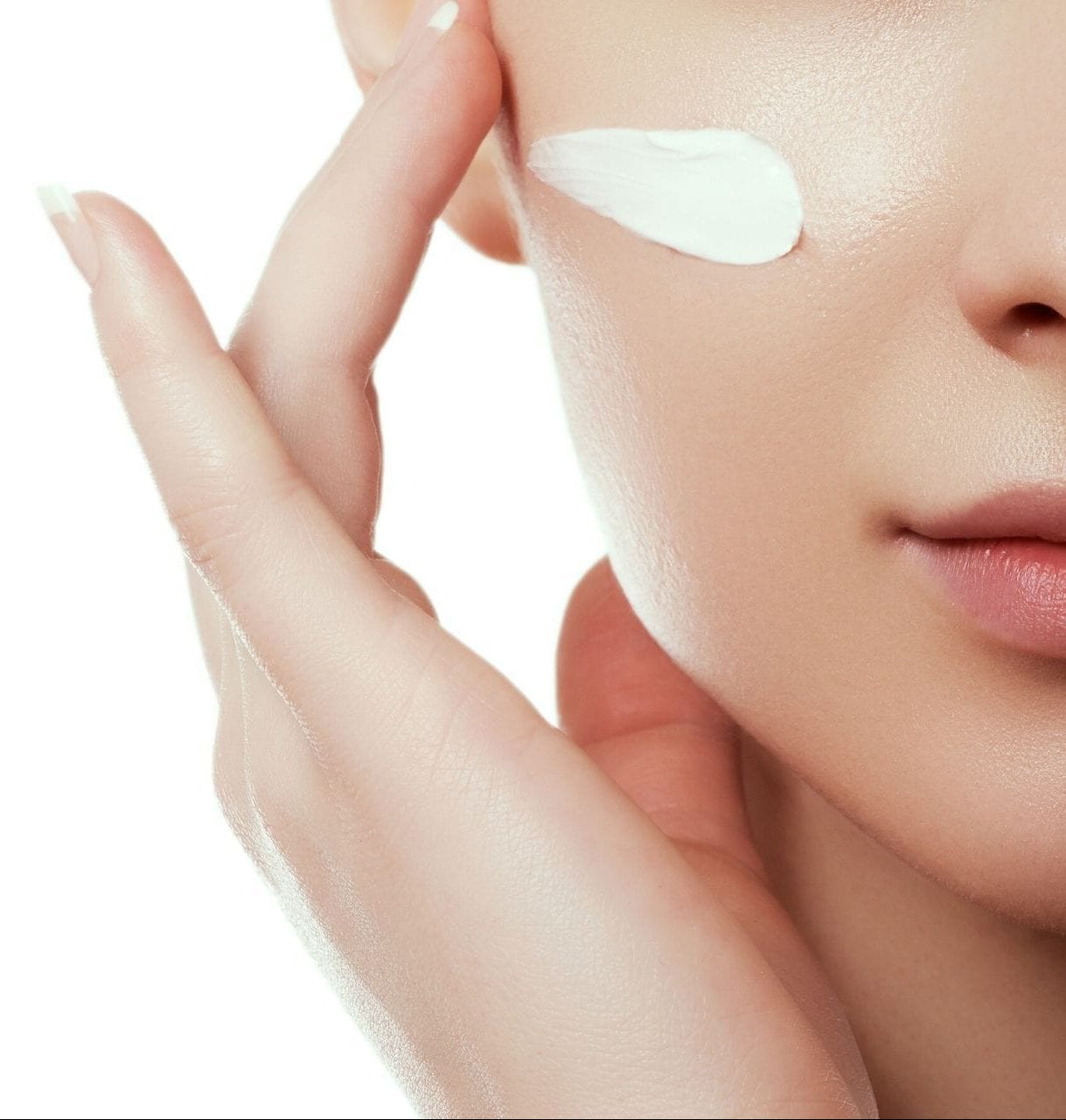Hyperpigmen-what?
Hyperpigmentation is defined as dark patches of skin that result from an over-production melanin. It can be caused by many common experiences, like acne scars, sun damage, and hormone fluctuation. It’s the skin’s natural response to certain stressors, and it is experienced by many. Know that you aren’t alone and that there are steps you can take to reduce the effects of hyperpigmentation on your skin.
Limit Direct Sun Exposure
As we go about our daily lives, we often pay little mind to the effect the sun has on our skin. When the sun’s rays make contact with the surface of your skin, it triggers your cells’ natural melanin production. This substance slowly builds within the cells and leaves them looking darker than the rest of your complexion. Even once your summer tan has faded, certain cells can retain that high amount of melanin and leave lasting dark spots that stand out against your natural skin tone. Because of this, limiting your time out in the sun and wearing sunscreen are key to returning these areas to their former appearance and telling hyperpigmentation to hit the road.
Use Products with Hydroquinone
Hydroquinone is a substance used to slow the cells’ production of melanin and, as a result, reduce the appearance of dark spots. This effect makes it a leading ingredient in skin-lightening products and other serums that deal with treating facial scar tissue. However, because hydroquinone can be incredibly strong when used in higher concentrations, it’s important that you only use certain products as instructed by your doctor.
Don’t Pick at Your Skin
Another important tip for treating hyperpigmentation is to refrain from picking at or frequently touching your face with your hands. Hyperpigmentation also develops as the skin heals itself from injury or trauma. The newly formed cells are often darker in color, making the area a different tone than the skin around it. For this reason, you should limit the number of bacteria on your face that could cause acne flare-ups and other damage.

